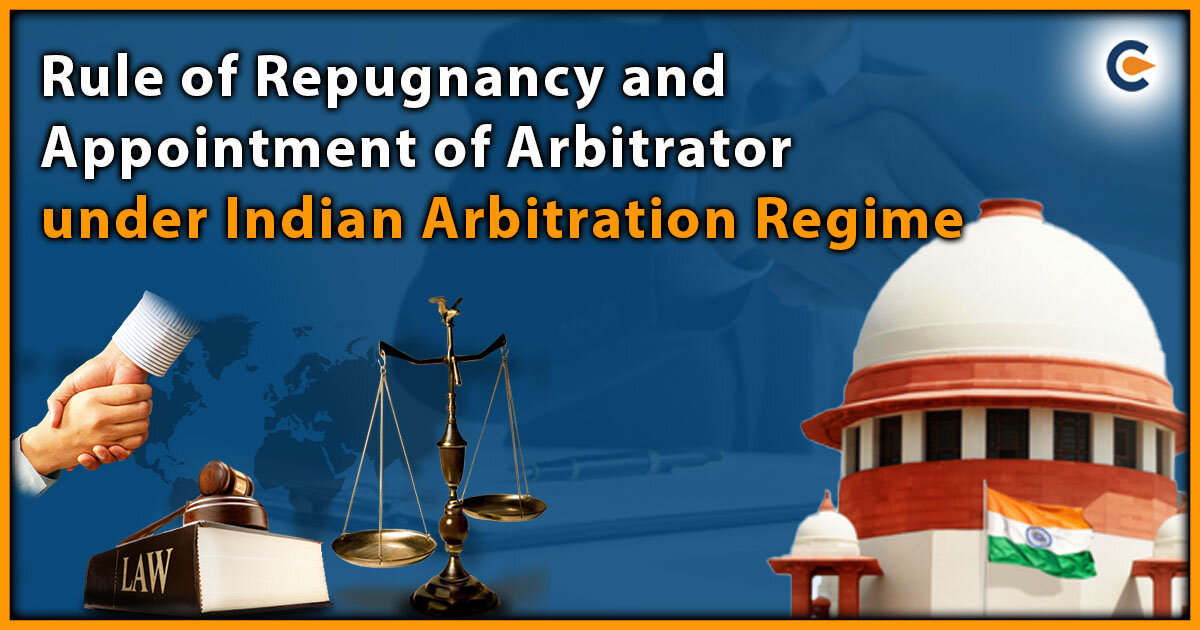In Islamic law, a will is a legal document that outlines how a person’s assets should be distributed after death. It is a crucial aspect of estate planning for Muslims, as it helps ensure that their assets are distributed according to their wishes and in compliance with Islamic principles.
According to Islamic law, a Muslim’s Will should meet certain requirements in order to be considered valid. These requirements include:
- The will must be made voluntarily by a person who is of sound mind and capable of making their own decisions.
- The will must be in writing, signed by the testator (the person making the will) and witnessed by two witnesses who are also Muslim and of sound mind.
- The will must specify the exact distribution of the testator’s assets, including any debts or obligations that need to be fulfilled.
- The will should not contradict any Islamic laws or principles, and should be consistent with the Qur’an and the teachings of the Prophet Muhammad (peace be upon him).
How Are The Assets Distributed?
In terms of distribution of assets, Islamic law has specific guidelines for how a Muslim’s estate should be divided. These guidelines vary depending on the relationship between the deceased and their heirs, but generally follow the following principles:
- A Muslim can only distribute up to one-third of their assets through their will, and the remaining two-thirds must be distributed according to the rules of inheritance outlined in Islamic law.
- The heirs of a Muslim are determined by blood ties and include spouses, children, parents, siblings, and other close relatives. Each heir is entitled to a specific share of the estate based on their relationship to the deceased.
- In cases where there are no heirs, or the heirs are unable to claim their inheritance, the remaining assets will be distributed to charity or other deserving individuals.
Overall, Muslim wills serve as a valuable tool for ensuring that a Muslim’s assets are distributed according to their wishes and in compliance with Islamic principles. By following Islamic law guidelines, Muslims can ensure their estate is distributed fairly and justly.
What Are The Important Highlights Of The Islamic Will?
In general consideration, following are the important points which highlight the important mentions of Islamic wills:
- In Islam, making a will is considered to be a religious duty for Muslims who own assets and property.
- The will, also known as a “wasiyah,” is a legal document that outlines how a person’s assets and property will be distributed after their death according to Islamic laws.
- The Islamic law of inheritance, known as “faraid,” governs the distribution of a deceased person’s assets among their heirs.
- In Islamic law, certain relatives are entitled to a share of the deceased person’s estate. These include children, parents, siblings, spouses, and grandparents.
- A Muslim can distribute up to one-third of their assets to people or causes outside of their heirs through a will. This is known as a “bequest” or “wasilah.”
- A will can only be executed after the person’s death, and it must be witnessed by two adult Muslims who are sane and not beneficiaries of the will.
- The person making the will (the testator) must be of sound mind and free from any external pressure or coercion.
- The will can be changed or revoked at any time during the person’s lifetime as long as they are of sound mind.
- It is recommended that a Muslim seek the advice of a knowledgeable Islamic scholar or lawyer when creating a will to ensure that it is in compliance with Islamic laws and principles.
Muslim Wills: The Indian Notion
Here are 9 important points on wills and Islamic laws in India:
- The Indian Succession Act, 1925[1] governs the laws related to wills in India, including Islamic wills.
- In India, Muslim wills are also known as ‘Wasiyyat’. Muslim personal law allows a person to dispose of one-third of their assets through their will, while the remaining two-thirds follow the rules of inheritance under Islamic law.
- The person making the will, known as the testator, must be of sound mind, and the will must be in writing and signed by the testator in the presence of two witnesses.
- The witnesses must also be Muslims and of sound mind.
- The will must be specific and clear in terms of the distribution of assets and should not be against the Islamic principles.
- The heirs of a Muslim in India are classified into two categories – Sharers and Residuary. Sharers are entitled to a specific share of the estate based on their relationship with the deceased, while the residuary are entitled to the remaining assets.
- The Sharers include the spouse, children, parents, and other close relatives. The shares for each Sharer are determined by the Islamic laws of inheritance.
- The residuary are those who are not considered Sharers, such as distant relatives or non-relatives. They are entitled to the remaining two-thirds of the estate, after the Sharers have received their shares.
- If a Muslim dies intestate (without making a will), their estate will be distributed according to the Islamic laws of inheritance as applicable in India. It is important to note that inheritance rules under Islamic law may differ from those under other personal laws in India.
Conclusion
The authors of the constitution did not like the idea of justice without equality. Justice, liberty, equality, and fraternity are all interdependent with secularism.
However, Muslim individuals may choose to use Islamic law in their legal proceedings if they want to. The reassurance sought or given that a Uniform Civil Code will encapsulate the best aspects of all personal laws, rather than demanding that the Uniform Civil Code should grant citizens the best possible rights finds resonance with the idea that all secularism consists of equal status for all religions and can continue to include all facets of life. It is also recommended to consult with a qualified lawyer/Advocate who has experience with Islamic laws in India to ensure that the process is carried out in a fair and legal manner. If you are looking to obtain a Will in Islamic law, our teams of experts are ready to guide you.











